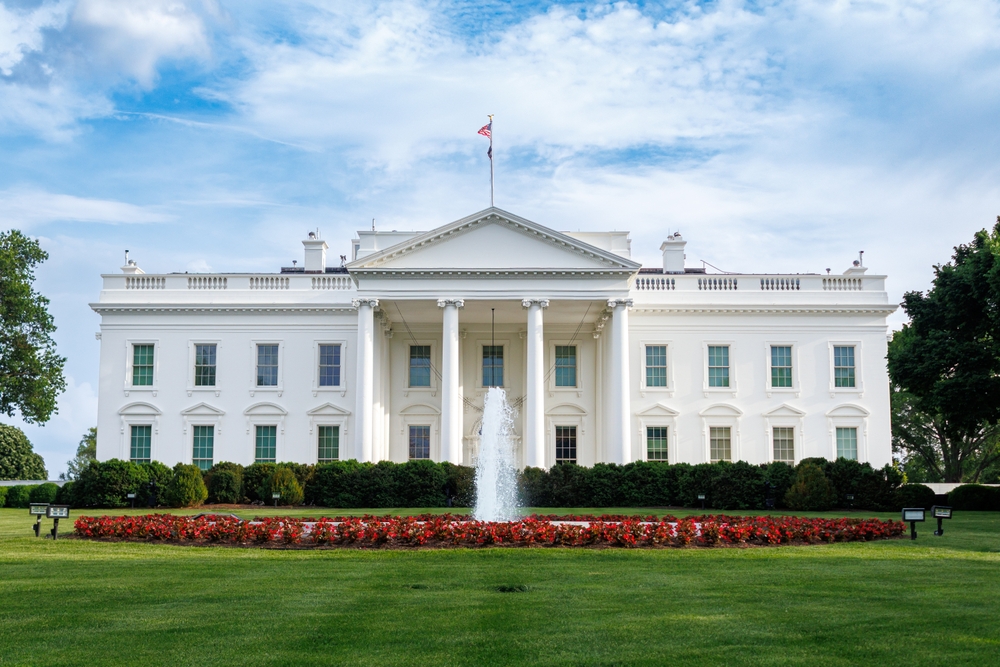The Passage of the OBBBA On July 4, flanked by cheering supporters and with military…
Make A Choice, Even If You Stay Put: Your Retirement Residence
Make A Choice, Even If You Stay Put: Your Retirement Residence
Free from workplace obligations, where you live in retirement starts as a wide-open choice. However, once you define your family’s needs, the answers will become clearer.
There’s no one right answer, when it comes to the question posed in Forbes’ recent article, “Where Will You Live In Retirement?” You’ll need to speak with your spouse, and your kids and grandchildren will also appreciate being part of the discussion.
There are several important considerations in deciding where to live. One of the most critical is your finances. Try to understand how much you should be allocating to housing. If you have some equity in your current home, that could play a part in your future financial viability. If you live in a market where real estate values are high, you might be able to benefit from that and have a wider selection of options.
You should also consider how you want to spend your time in the next few decades of your life, such as traveling or continuing to work and staying active in your present community. This will affect where you may want to stay geographically, or whether you downsize in the same town.
Where you family is located, is also a factor. Many seniors like to be close to their grandkids. However, if a job opportunity arises, your grandchildren may be moving away. Be prepared to move again, if you are moving for that reason.
Some people like the active 55+ communities in warm weather climates. However, if you choose this option, be sure do a thorough check before you make a commitment.
Speaking of warm weather, if you move somewhere for the climate, check out the destination in all seasons for an extended length of time. If the weather is lovely during the winter but unbearable during the summer, how will it impact your lifestyle?
Another important factor in making a move is friendship. The relationships you have and those you choose to develop, will be helpful in any change of residences.
If you are considering moving in retirement, start planning early and move when you are well enough to withstand all the stresses that come with a move. You’ll want to be able to enjoy your new home, build new friendships, expand your activities and live your best life. Transitions get harder, as we get older, so don’t wait.
Reference: Forbes (July 30, 2018) “Where Will You Live In Retirement?”



